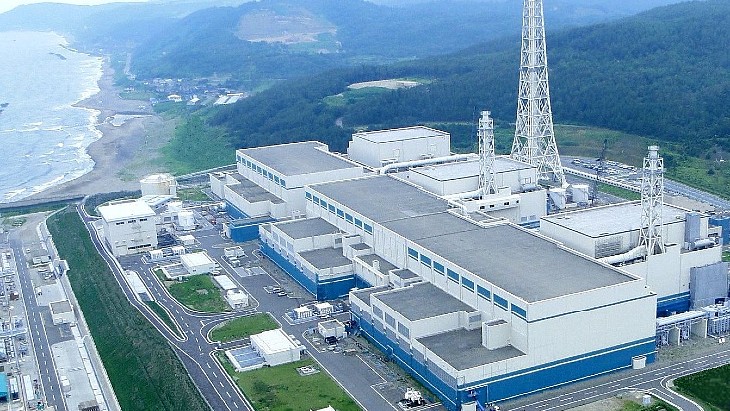The country's federal law of 31 January 2003 prohibits the building of new nuclear power plants and limited the operating lifetimes of existing ones to 40 years. The law was amended in 2013 and 2015 to provide for the Tihange 1, Doel 1 and 2 reactors to remain operational until 2025.
In response to Russia's military action in Ukraine and goals to reduce fossil fuel dependency, the federal government decided in March this year to take the necessary steps to extend 2 GW of nuclear capacity (Tihange 3 and Doel 4) by ten years, including modifying the 2003 law. Under this new arrangement, most of Belgium's nuclear generation capacity will be phased out by 2025.
In its position paper, published last month, BNS notes that in other countries - including the USA, Switzerland and the Netherlands - long-term operation (LTO) programmes are usually defined and implemented for 20 years beyond the existing licence, even with license renewals provided by successive periods of ten years.
It says the cost of refurbishing units and bringing them in line with the latest safety requirements for a LTO of 20 years "is marginally higher than for ten years and it makes simply good economic sense to anticipate a 20 years LTO." BNS notes that operating units for longer also further contributes to the decommissioning and waste provision funds, while associated costs do not really increase.
The society also questions why Belgium's other reactors have not been politically considered for LTO. "BNS does not claim that Doel 3 and Tihange 2, and even Doel 1-2 and Tihange 1 reactors are ready to go for a LTO programme," it said. "It is for the operator and the safety authority to determine what should and could be done technically, and for the owners then to decide on the economics of the programme and discuss the conditions with the government."
The Federal Agency for Nuclear Control has already said the long-term operation of the reactors is possible from the nuclear safety point of view, albeit with necessary regulatory modifications and improvements to the safety of the installations.
The paper concludes, "At a time when Belgium and Europe are facing the tremendous challenge of climate change, as illustrated by the newly published IPPC report, combined with a security of energy supply and energy prices crisis, the door should be politically kept open for an extensive LTO programme of the Belgian nuclear reactors.
"Relying more on gas, in these circumstances and for the next decades, does not seem compatible with societal sustainability, searching for the best balance between environment protection, security, affordability and reliability of clean energy supply."
Belgium has seven nuclear reactors located at two nuclear power plants: Doel in Flanders (four reactors) and Tihange in Wallonia (three reactors), with a combined generation capacity of 5.94 GW. The units currently account for almost half of the country's electricity production. The first unit - Doel 3 - is scheduled to shut down in October this year. It has still not been established how the country will make up the shortfall from closing its reactors.

.jpg)




_91467.jpg)
_47120.jpg)
_16439.jpg)





